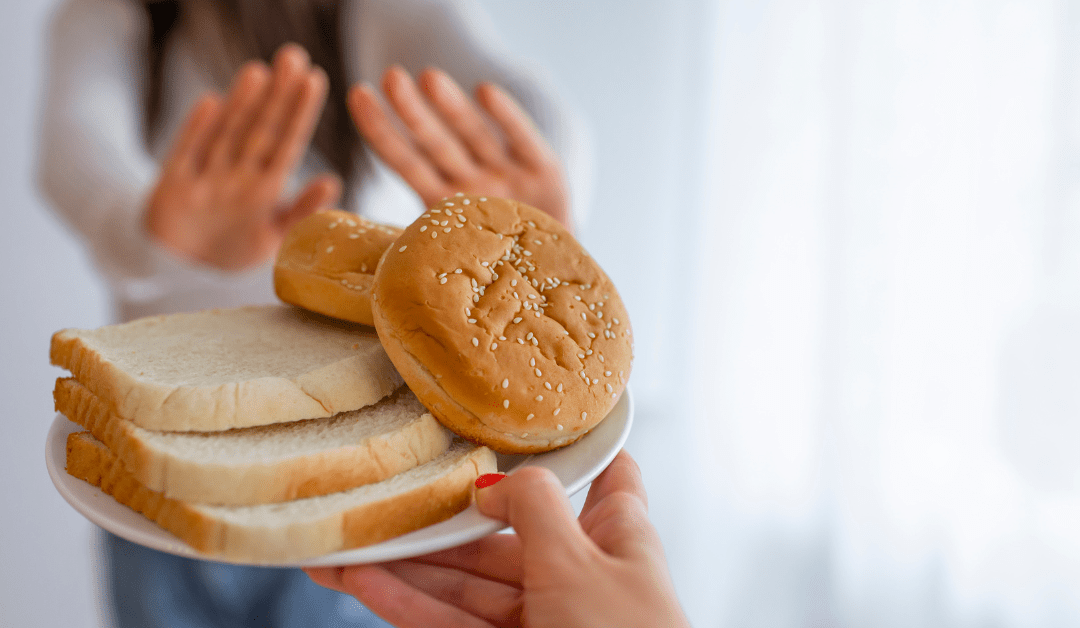In recent years, the gluten-free diet has had a weird reputation; people either understand or they don’t. So why do people criticize gluten-free diets?
In the early 2000s, gluten-free became popular as a weight loss diet. People were removing gluten from their lives and realizing they were losing weight. From there, the gluten-free diet took off as a way “to eat healthier.”
However, lost in the shuffle was the reasoning behind the weight loss, improved energy, better health, etc. Likely, those who saw success on the gluten-free diet for weight loss had underlying issues that had not been diagnosed.
Gluten-Sensitivity & Celiac Disease
We knew a little about gluten in the early 2000s but not enough to realize its impact on some people’s health. The idea of being gluten-sensitive was out the window, and due to the lack of accurate tests for Celiac, it was often undiagnosed.
It’s estimated that 1% of the world’s population has celiac disease and that 83% of Americans who have it are undiagnosed. While those with gluten sensitivity do not necessarily have celiac, many Americans have stomach issues that are left undiagnosed.
Not every diet works for every person, so why did so many people see success with the gluten-free diet? Chances are, those who saw weight loss when going on a gluten-free diet were either gluten-sensitive or had celiac disease. When they began to remove gluten from their diet, their body began to heal.
Today, we know so much more about the gut, inflammation, and how it affects our health. This has helped bring a better diagnosis for those who are gluten-sensitive or have celiac disease.
There Is a Lack Of Understanding
Since the gluten-free diet was a “fad diet” at one point in time, it’s led people to believe that the main reason for it is weight loss. However, those with celiac or gluten sensitivity know otherwise.
Unfortunately, the fad diet era is why people often criticize gluten-free diets. They don’t understand the difference between healing your body and a diet trend. This lack of understanding can lead to criticism or teasing of those who require a gluten-free diet to survive. Those who are in the thick of it with a gluten-free lifestyle don’t necessarily understand that the phrase “just one bite” could mean a trip to the hospital for some people.
With information about celiac and gluten sensitivity just becoming more readily available, people are just now starting to realize why it can be a big deal. The lack of understanding often stems from a lack of available information and the history of the gluten-free diet.
Should Everyone Go Gluten-Free?
The short answer is that gluten isn’t inherently bad for your health; not everyone must remove it. Those who have celiac disease cannot have gluten, period. Those who are sensitive to gluten may have different levels of gluten tolerance. If you feel like you may be sensitive or have celiac disease, please reach out to a medical professional for a diagnosis. Do not self-diagnose.
Over time, the gluten-free diet has brought a lot of criticism due to the lack of understanding and misinformation out there about what it means to go gluten-free. If you are gluten-free and struggling, my course, Going Gluten-Free, will teach you how to involve your inner circle in your gluten-free diet while handling the objections.
ABOUT ME

Hey There, I’m Kristin, a gluten-free nutrition coach helping gluten-free families adjust to their new lifestyle.



